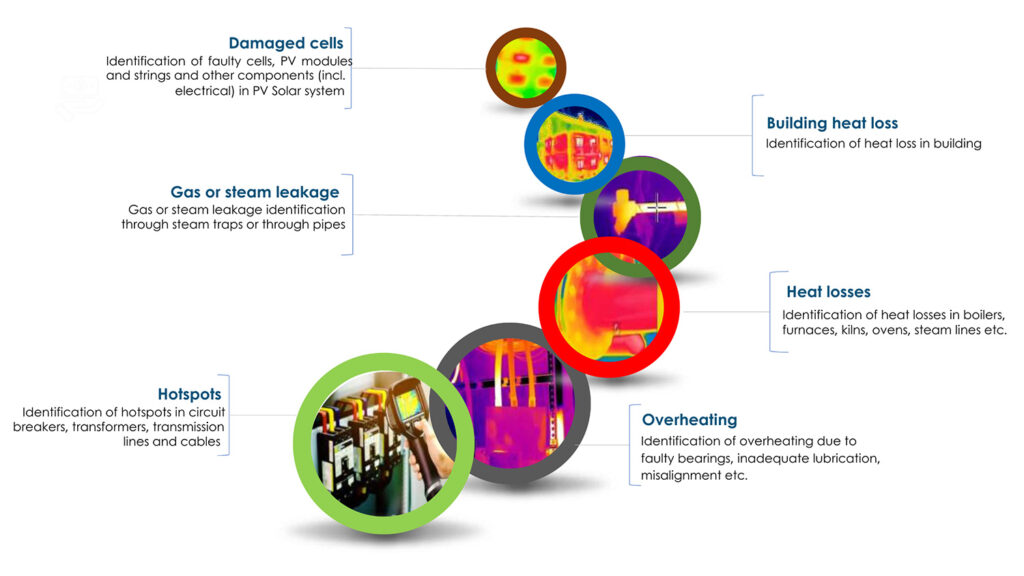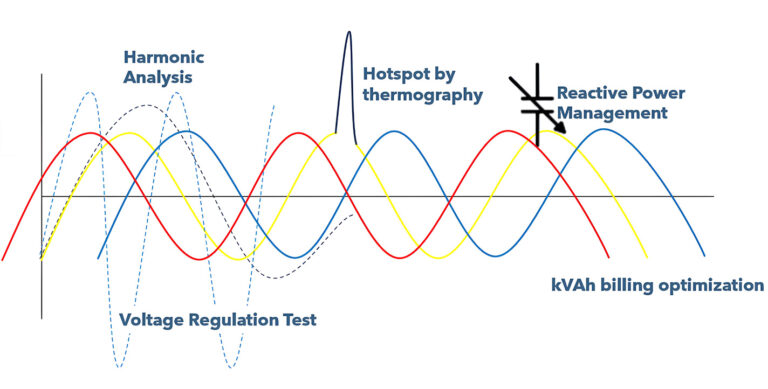Benefits of Energy Audits
- Cost Savings: Immediate and long-term savings through reduced energy consumption.
- Operational Efficiency: Improved system performance leading to lower maintenance and repair costs.
- Sustainability: Helps in reducing a building's carbon footprint and contributes to green building certifications (e.g., LEED).
- Compliance: Ensures the building meets energy efficiency regulations and standards (e.g., ASHRAE, local energy codes).
- Increased Asset Value: Energy-efficient buildings often have higher market value and tenant satisfaction.
Our Approach
- Pre-Audit: Gather historical energy usage data, understand building systems, and identify key performance indicators (KPIs).
- On-Site Evaluation: Inspect the building systems (HVAC, lighting, insulation, etc.), conduct interviews with staff, and use energy metering tools.
- Analysis: Analyze data collected to pinpoint inefficiencies, identify high-energy-consuming areas, and evaluate potential savings.
- Reporting: Provide actionable insights, recommend energy-saving measures, and estimate cost savings.
- Post-Audit Follow-Up: Implementation plan and ongoing monitoring for tracking improvements.


